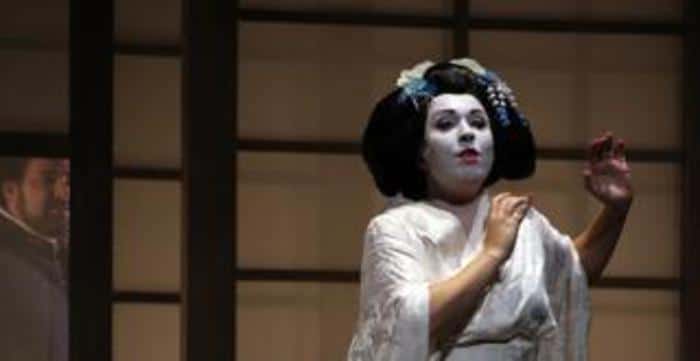‘Opera is stuck in a racist, sexist past’
mainAn academic perspective from the other side of the world:
As opera audiences continue to dwindle, companies need to find a way forward that doesn’t alienate either traditionalists or the younger, more socially-minded generation.
One strategy used by the Canadian Opera Company was to rewrite the dialogue for Mozart’s The Abduction from the Seraglio in order to remove racist language. Companies such as Seattle Opera have endeavoured to foster dialogue around troubling works like Madama Butterfly by scheduling accompanying events on diversity and representation.
Another common strategy is to commission new translations or use modernised supertitles(the opera equivalent of subtitles) that revise outdated language. In the case of Victorian Opera’s A Little Night Music, a minor edit to replace “retarded” with an alternate term might have been appropriate.
More generally, arts organisations are facing broader calls to diversify their casts and creative teams.

Read on here.





Comments